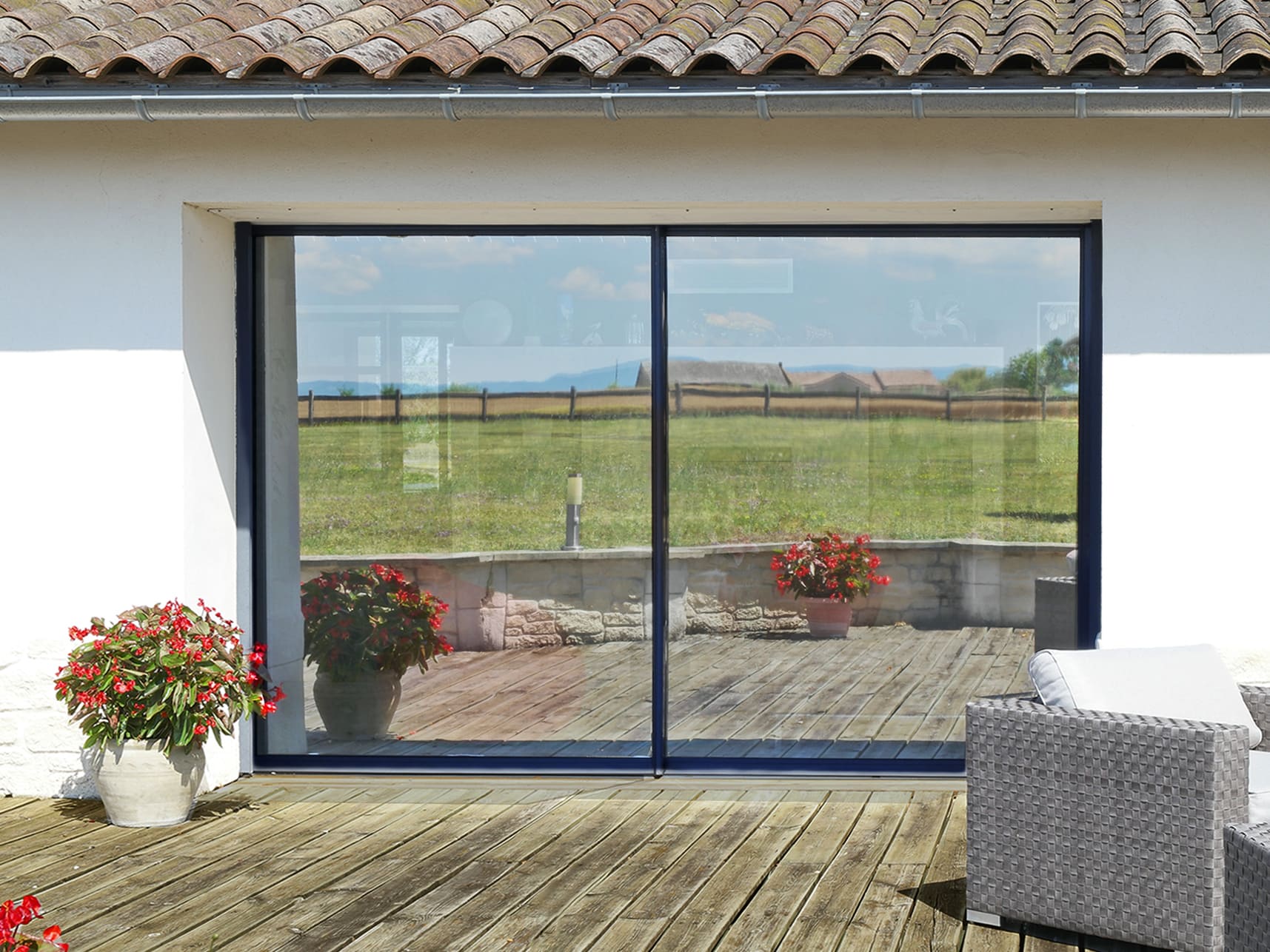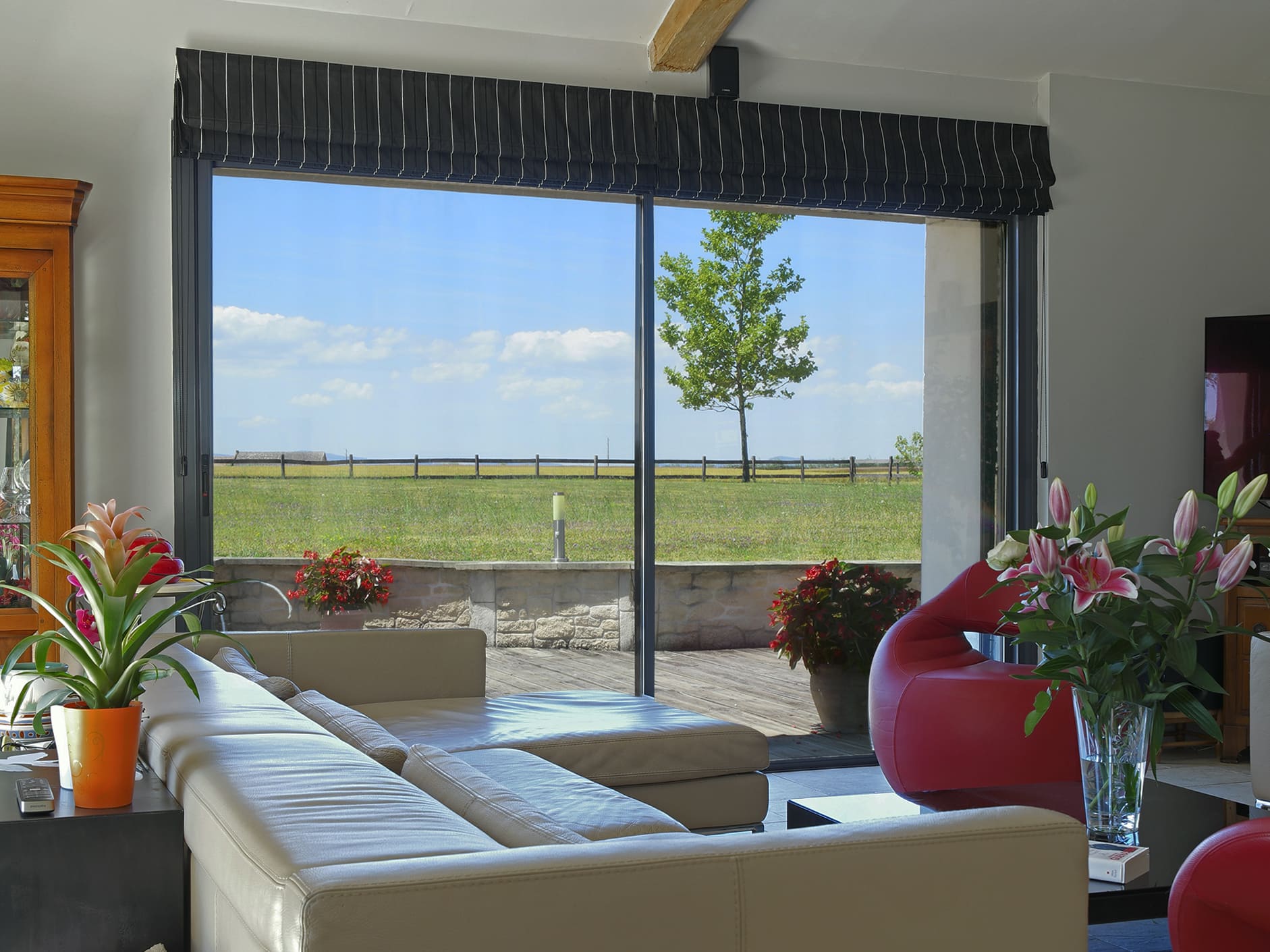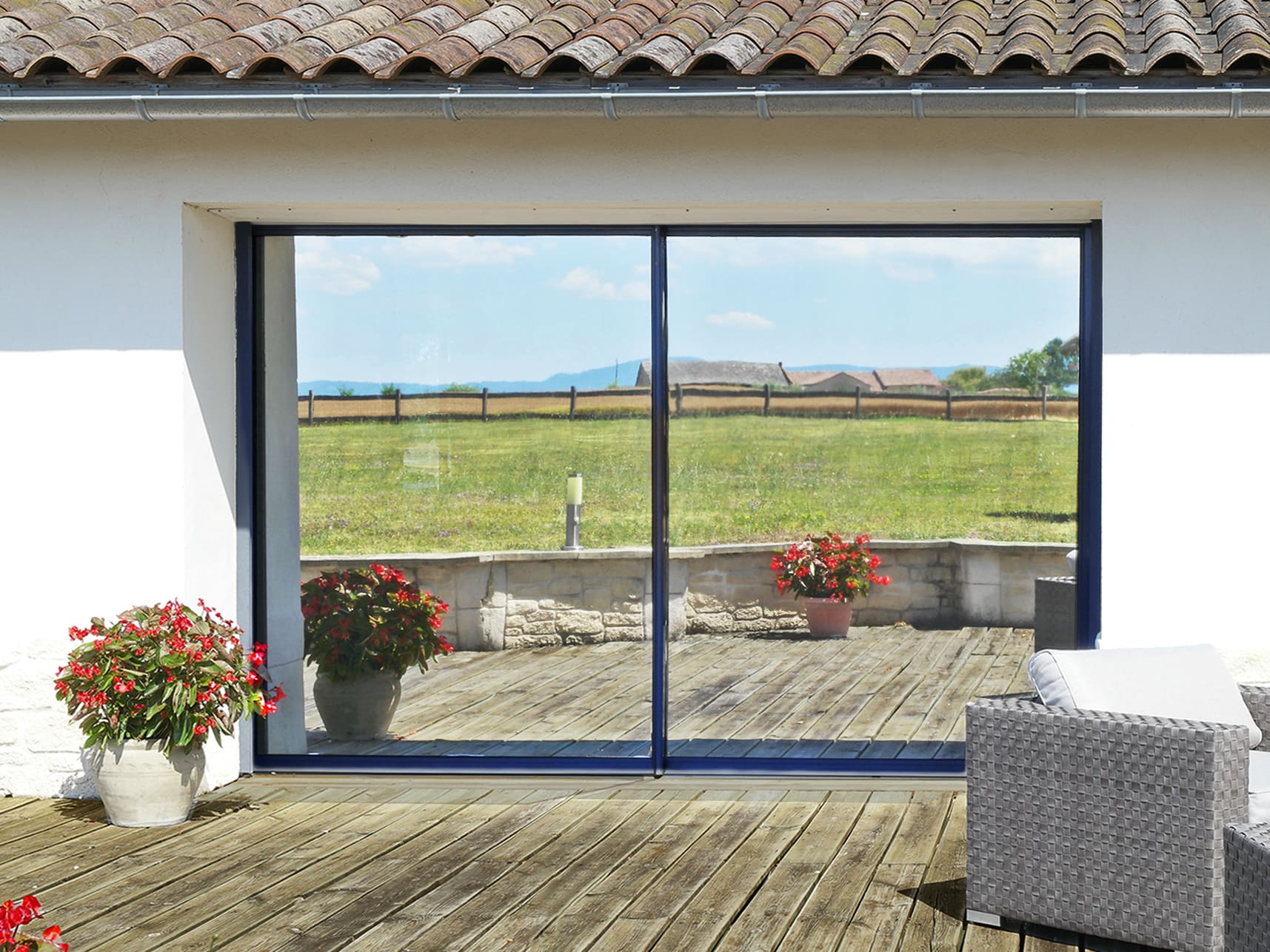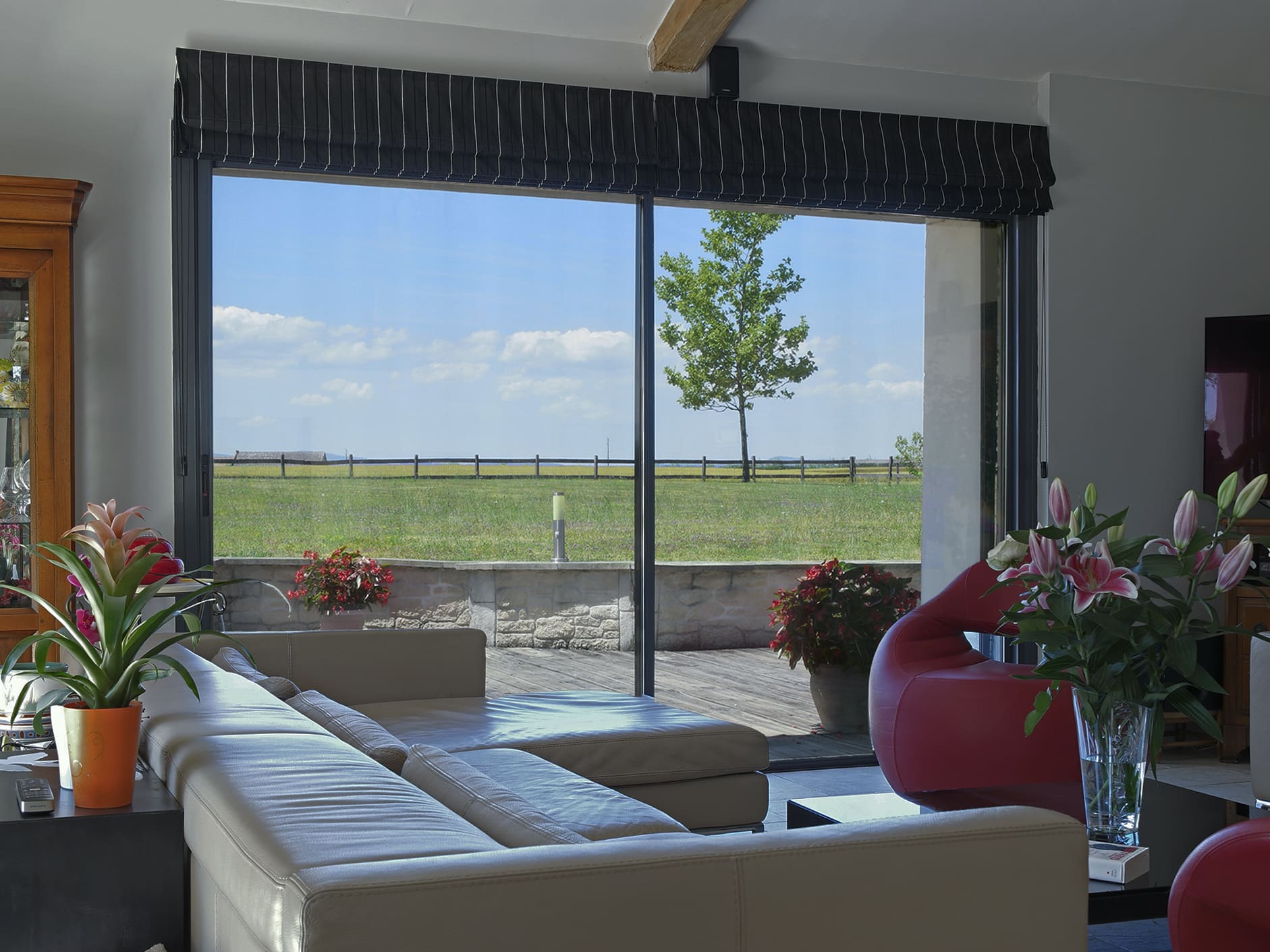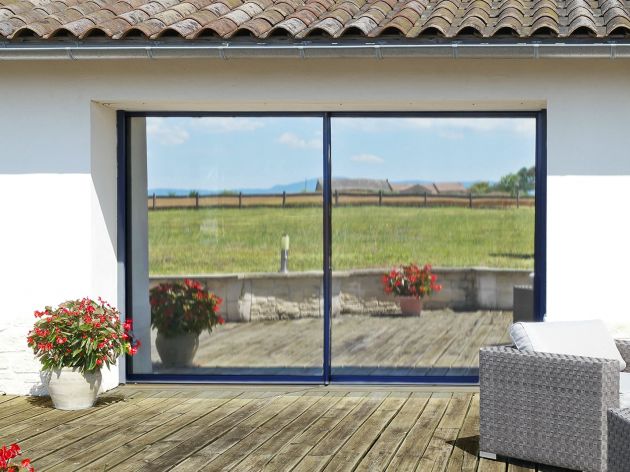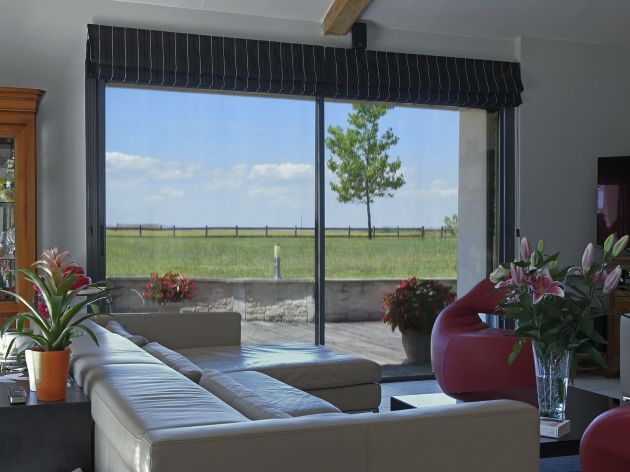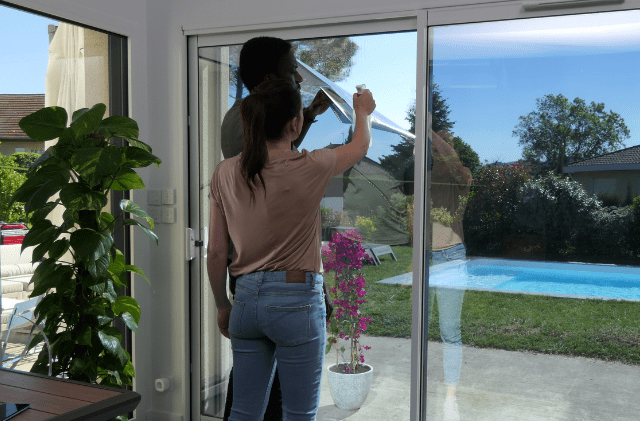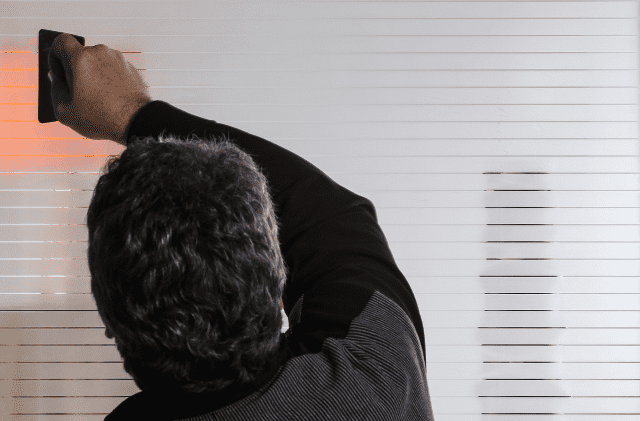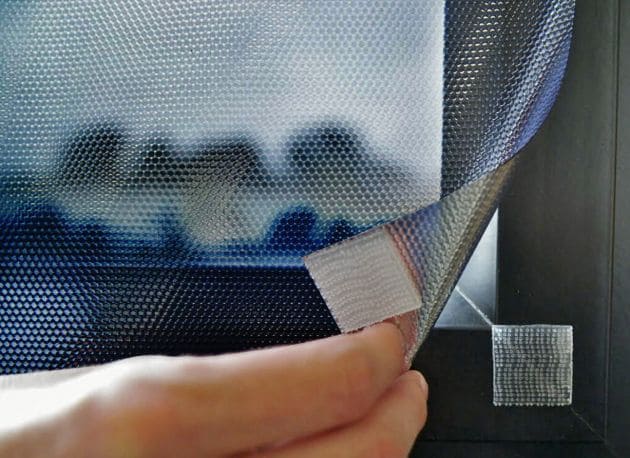
03/07/2024
written by Alice O.
How to combat heat in offices and workshops?
Our solutions to provide your employees with greater thermal comfort.
To work efficiently and in good conditions, it's essential to maintain a bearable temperature in your workspaces. Too much heat would be counter-productive, and even dangerous for your employees' health.
Comfortable, temperate premises are therefore a must for this summer. But that can quickly become costly in terms of air conditioning, and therefore electricity!
In our article, discover our alternative to air conditioning to lose several degrees of heat in your premises this summer.

What is the maximum temperature for working in an office?
The French Labor Code does not specify a maximum temperature limit for the workplace. However, it is recommended not to exceed 28°C, especially for jobs requiring physical activity. Above 33°C, there is a real health risk for employees.
According to the French Ministry of Labor, Health and Solidarity, employers are required to implement measures to protect employees from the summer heat.
Access to drinking water, the renewal of indoor air and the provision of heat protection are among the measures to be taken by the company.

Anti-heat film: An excellent alternative to air conditioning
To reduce the temperature in your offices, while at the same time limiting your air-conditioning consumption, anti-heat thermal protection film is an excellent alternative.
Economical and easy to install, it will act as a protective barrier on your windows to prevent heat from entering your premises.
Air-conditioning works when the heat has already entered the room. Anti-heat film acts upstream, preventing solar energy from entering the room.
In moderate heat, thermal protection film can replace air conditioning. In extreme heat, the film will always limit the amount of heat entering the room. As a result, you'll need less air conditioning.
Your problems are many, and so are our solutions.
Durability, price, type of substrate, tint and light transmission are just some of the many criteria to be considered when choosing a thermal protection film. We offer 68 references of heat-shielding films, as well as 6 advisors to meet all your needs.
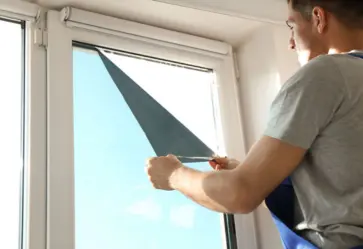
How does heat-shielding film work?
Anti-heat film is composed of metal micro-particles that reflect the sun's rays. It acts as a barrier to the ultraviolet rays responsible for discoloration, as well as to the infrared rays responsible for heat.
The more metal particles an anti-heat film contains, the more rays it will intercept, and the more effective it will be. We offer heat-shielding films that reject between 46% and 90% of solar energy.
You can choose from adhesive solar film, which is totally translucent and durable; electrostatic solar film, which is repositionable and very easy to apply; or scratch solar film, which is repositionable and extremely effective against heat.
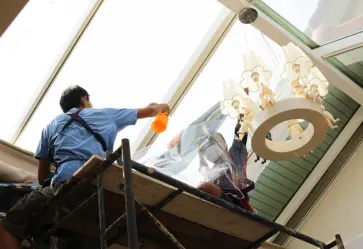
For do-it-yourself installation, or via an installation service.
Everyone can apply heat-shielding film, provided they are patient and meticulous. All you need to do is read the instructions carefully and follow them, especially when preparing the glass.
In offices or workshops, glass surfaces are often quite large and high. It may be necessary to call in a professional solar film installer. They will be equipped to carry out the installation correctly.
Need an installation service?
Our network of installation partners is present throughout France, as well as internationally.
Choose peace of mind when you go to a professional for the installation of your heat protection film.

